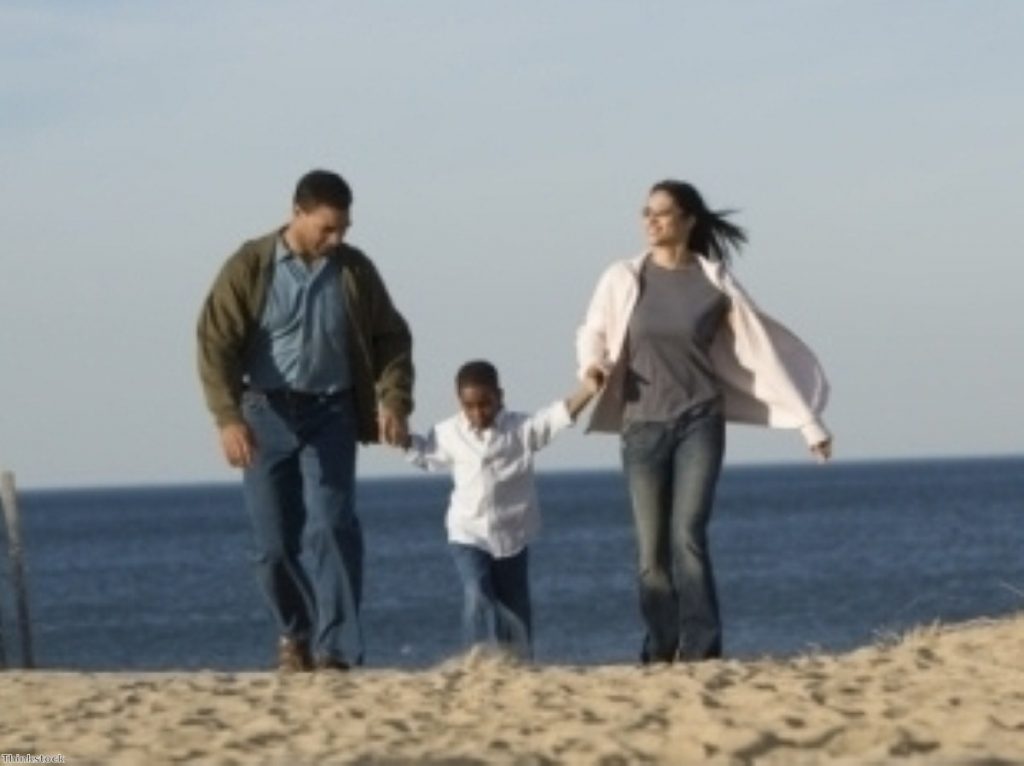Budget aftermath: Clegg bats away regressive claims
By politics.co.uk staff
The Liberal Democrats will lay amendments to the Budget, Simon Hughes has told MPs, in a move undermining Nick Clegg’s support for George Osborne.
The deputy prime minister had earlier sought to bat away claims that the emergency Budget would impact on the poor harder than the rich today, after an Institute of Fiscal Studies (IFS) report said it was a regressive Budget.
The IFS, arguably the most well-respected economic thinktank in the country, said the only way in which the government could claim the Budget was progressive was if it incorporated measures adopted by Labour in the last parliament.


Mr Clegg was then given another headache in the afternoon when his deputy party leader, Simon Hughes, suggested the Lib Dems might put forward amendments to make the Budget fairer.
“When it comes to the Budget next week, we will vote for the Budget,” he told the Commons.
“But if there are measures in the finance bill where we could improve fairness and make for a fairer Britain, then we will come forward with amendments to do that, because that’s where we make the difference, as we will in the spending review which will follow in the months ahead.”
The intervention was made following a particularly gruelling exchange with Labour leadership hopeful Ed Miliband, who urged Mr Hughes to follow his heart and oppose the Budget.
Mr Miliband later claimed the comment revelaed that cracks had begun to appear in the coalition, but Mr Hughes insisted he had referred to the coalition as “we”, not the Lib Dems specifically.
It also predicted that worse-off families would be hard hit in the second half of the parliament due to welfare cuts and the freezing of child tax credits.
“Osborne and Clegg have been keen to describe yesterday’s measures as progressive in the sense that the rich will feel more pain than the poor. That is a debatable claim,” said Robert Chote, IFS director.
“The Budget looks less progressive – indeed somewhat regressive – when you take out the effect of measures that were inherited from the previous government, when you look further into the future than 2012/13, and when you include some other measures that the Treasury has chosen not to model.”
But deputy prime minister Mr Clegg insisted the report had misinterpreted the government’s intentions and failed to take into account measures in future coalition Budgets.
“Nothing has included, of course, future changes which we will make, which we will show, as we have done in this Budget, that we’re going to take very exceptional measures to ensure that fairness is instilled,” he told the Today programme this morning.
Speaking to the BBC earlier, the Lib Dem leader insisted the government had been forced to adopt a tough and far-reaching Budget because of the situation in the world economy.
“The truth is that the world had changed very dramatically in recent weeks,” he said.
“We’ve got this sort of economic fire-storm on our doorstep in Europe, where the markets are putting huge pressure on one country after the next, knocking on the door in Greece, in Spain, in Portugal, and so on.
“There’s a real worry that if we don’t take action now, that we will be the next victim, if you like, of that kind of market panic,” he said.
Meanwhile, a YouGov poll for the Sun found most voters supported the Budget. Eight of the nine tax rises and spending cuts cited got majority support, with only VAT opposed.
Forty-three per cent of people thought the chancellor was doing a good job and Tory support in general held firm at 42%.
Lib Dem support dropped sharply by six per cent to 17%, however.

